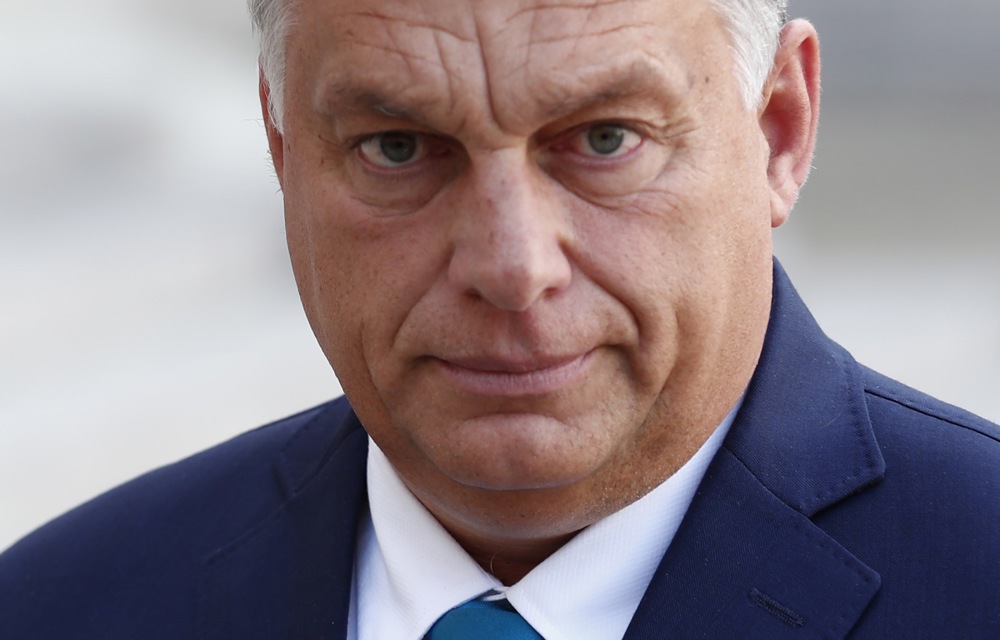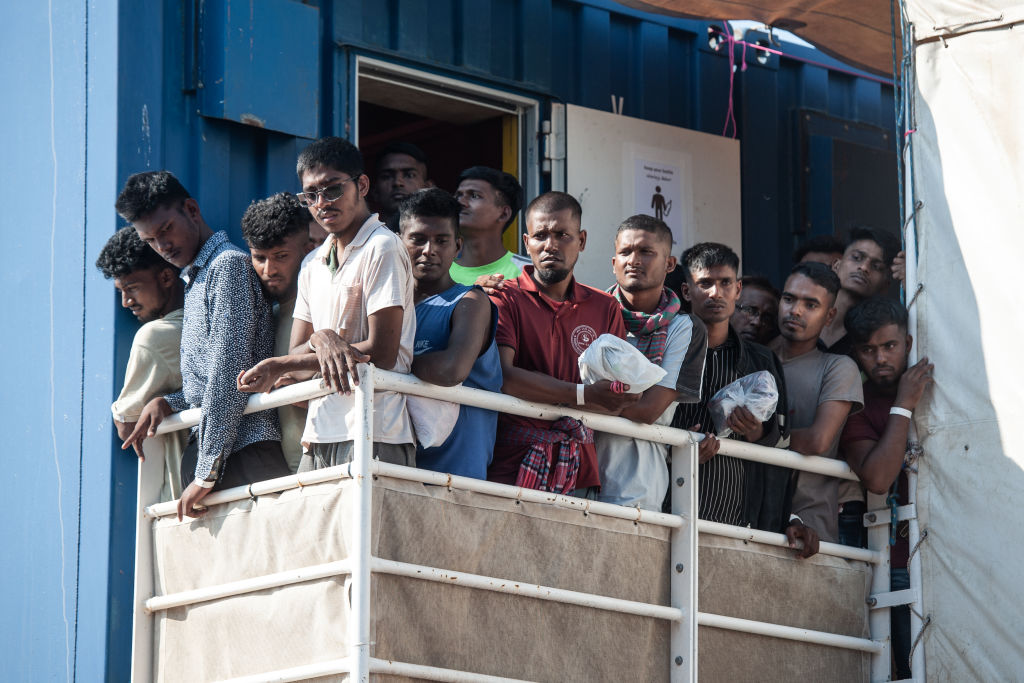The Cologne Institute for Economic Research has published figures revealing how much cash Member States gave to or received from the European Union in 2022.
The largest outgoing amount in the bloc by far comes from Germany, while the biggest recipient, also by far, is its eastern neighbour Poland.
Tellingly, indicating the sensitivities around the subject, the Institute stated: “Until 2020, the [European] Commission still published the statistics on net contributors and recipients itself but has now abandoned this for political reasons.
“While the effects of European integration cannot be reduced to the net positions of Member States, their calculation is nevertheless important for transparency reasons.”
Based on statistics from the EC, the Institute calculated that Germany gave €19.7 billion more than it received from the EU budget.
That is a slight drop of €1.7 billion compared to a year earlier but still almost twice the amount paid by France, the second-biggest net contributor with around €10 billion.
Next in line are Italy with €3.9 billion, the Netherlands with €3.2 biillion and Sweden, paying €2.1 billion. Austria, Ireland, Denmark and Finland each paid out around €1 billion. That shows only nine of the 27 Member States were contributing nations.
The biggest recipient was Poland on €11.9 billion. Romania got around half at €5.6 billion, followed by Hungary, which received €4.4 billion while Greece pulled in €3.9 billion.
They are followed by Portugal, which got €2.9 billion, Czechia €2.8 billion, and Slovakia €2.2 billion. Lithuania received €1.7 billion, Bulgaria €1.6 billion and Croatia €1.5 billion. Spain was given €1.3 billion. Latvia received €1 billion, followed closely by Estonia, which got €0.9 billion.
Luxemburg, one of the richest countries in the world, received €0.4 billion and the same amount went to Slovenia.
The small island states of Cyprus and Malta got €0.3 and €0.1 billion, respectively.
Belgium was approximately in the middle, receiving €0.3 billion.
That Poland and Hungary were such major beneficiaries of EU cash is somewhat surprising, as both countries often lock horns with Brussels.
Per head, Germans paid out €237. Estonians received the most per person with €678. Due to strong support for science, Luxembourgers received an average of just under €669, while Lithuanians got €612.
The Institute noted: “On average, Germany paid just €13.5 billion net from 2014 to 2020. With the departure of the economically strong British, Berlin must now take more financial responsibility.
“However, the weakening German economy will shift the weight, at least somewhat, towards booming countries such as Spain.”
It also mentioned potential new Member States, with the EU aiming to expand in the near future.
“In the case of new entries, the EU must pay close attention to the level of prosperity of the candidate countries,” said the Institute economist Samina Sultan.
Ukraine only reaches 53 per cent of Bulgaria’s GDP, which is currently the poorest country in the EU. Kosovo is at just 49 per cent although upon EU accession, both could expect payments that would surpass the current scale.
“Politically, we need to bring these countries closer to the EU. To cushion the impact on the EU budget, the EU should develop alternatives to full membership,” said the Institute study authors and one conceivable option could be a tiered integration.






